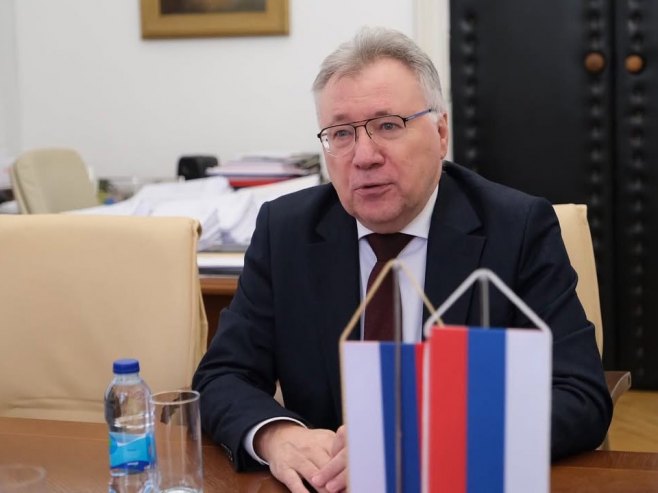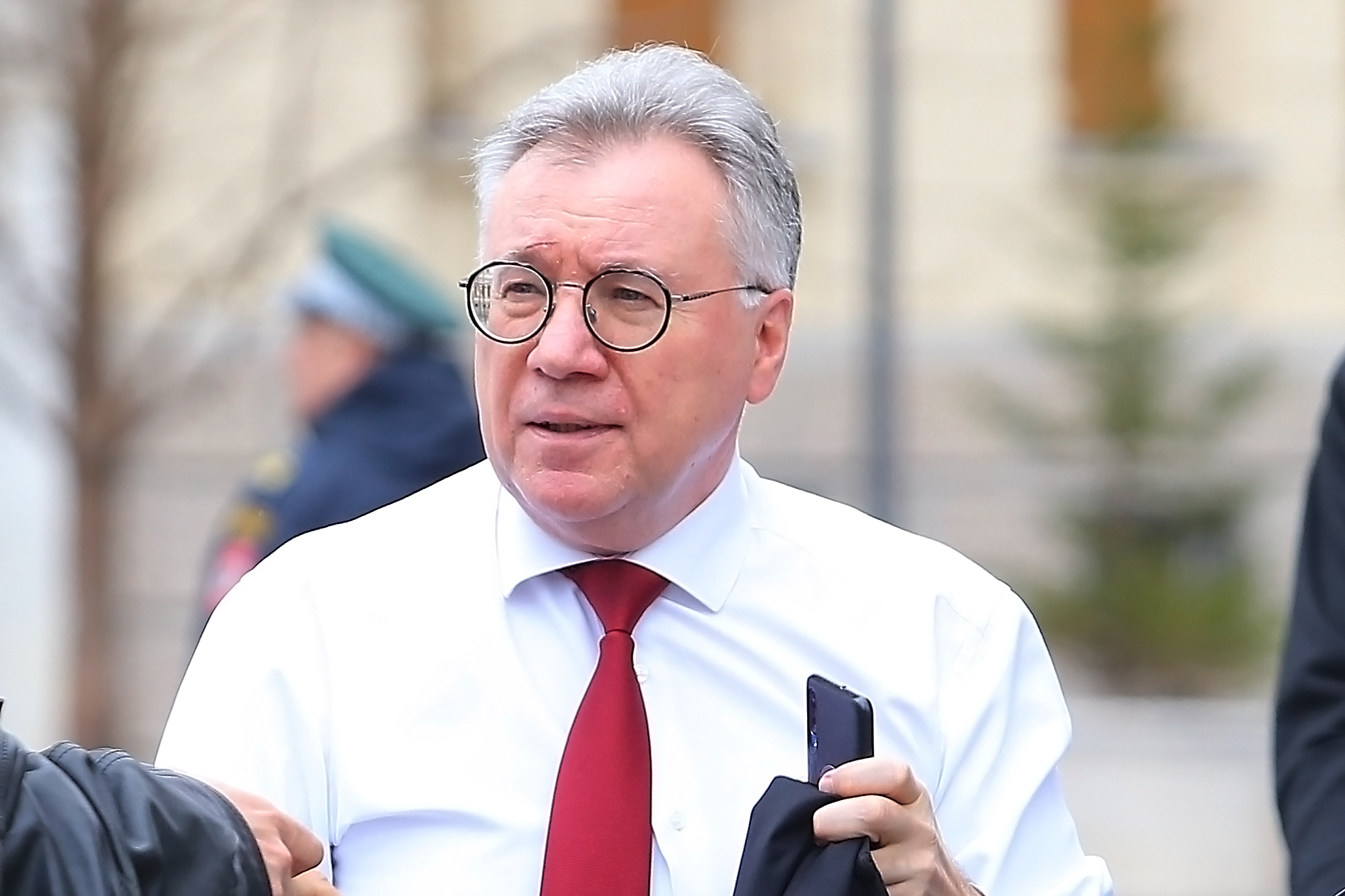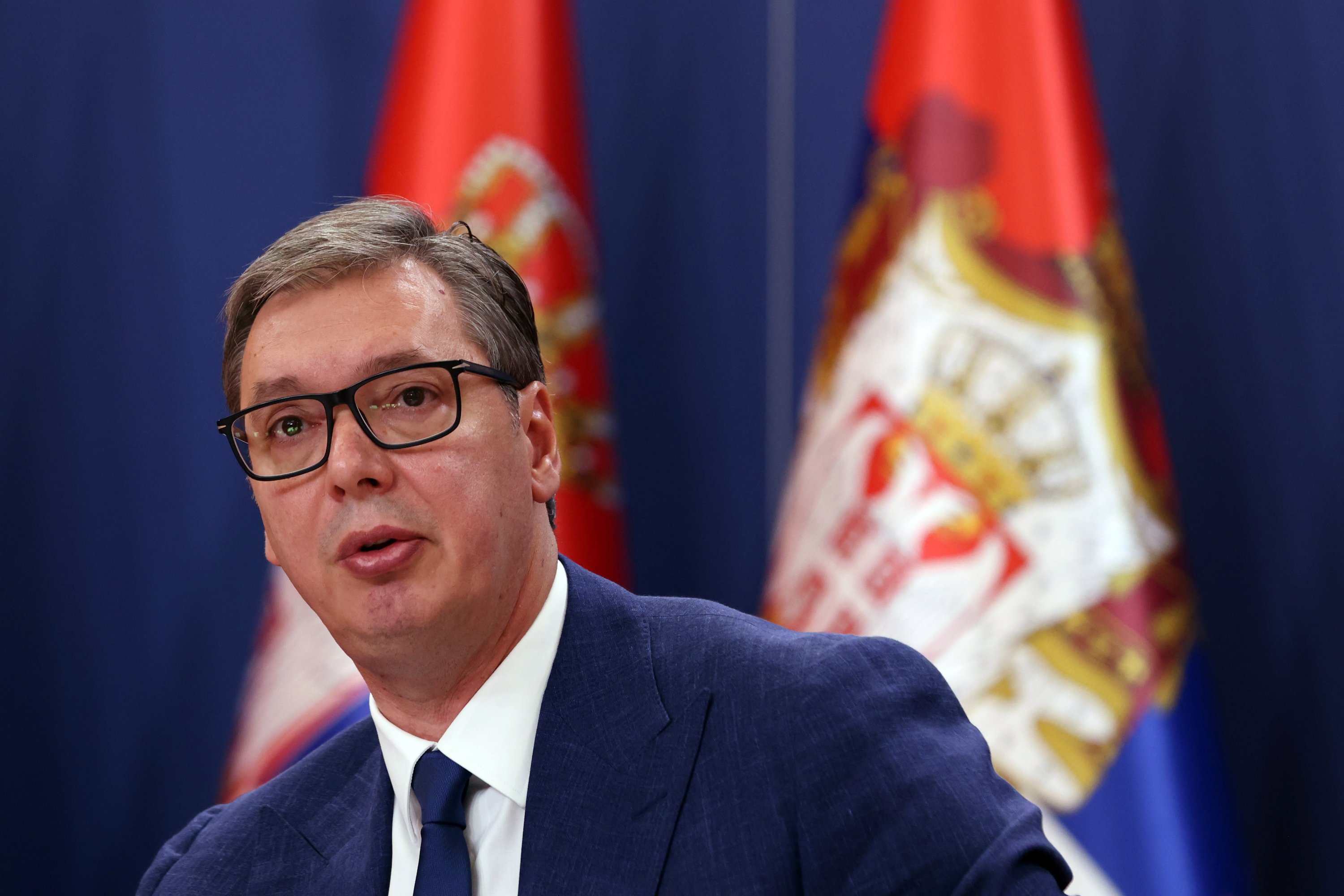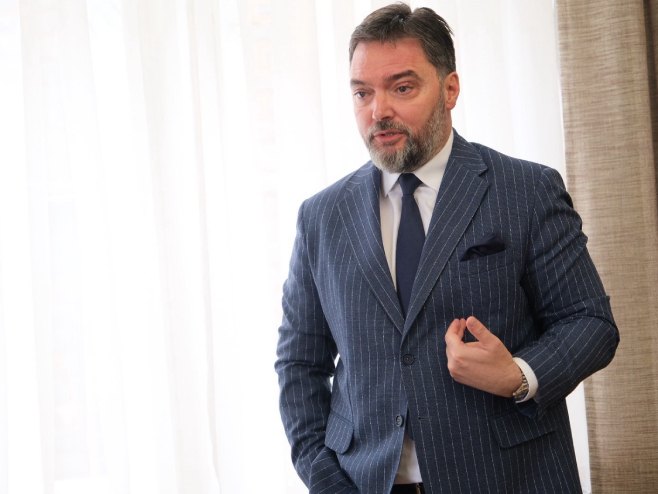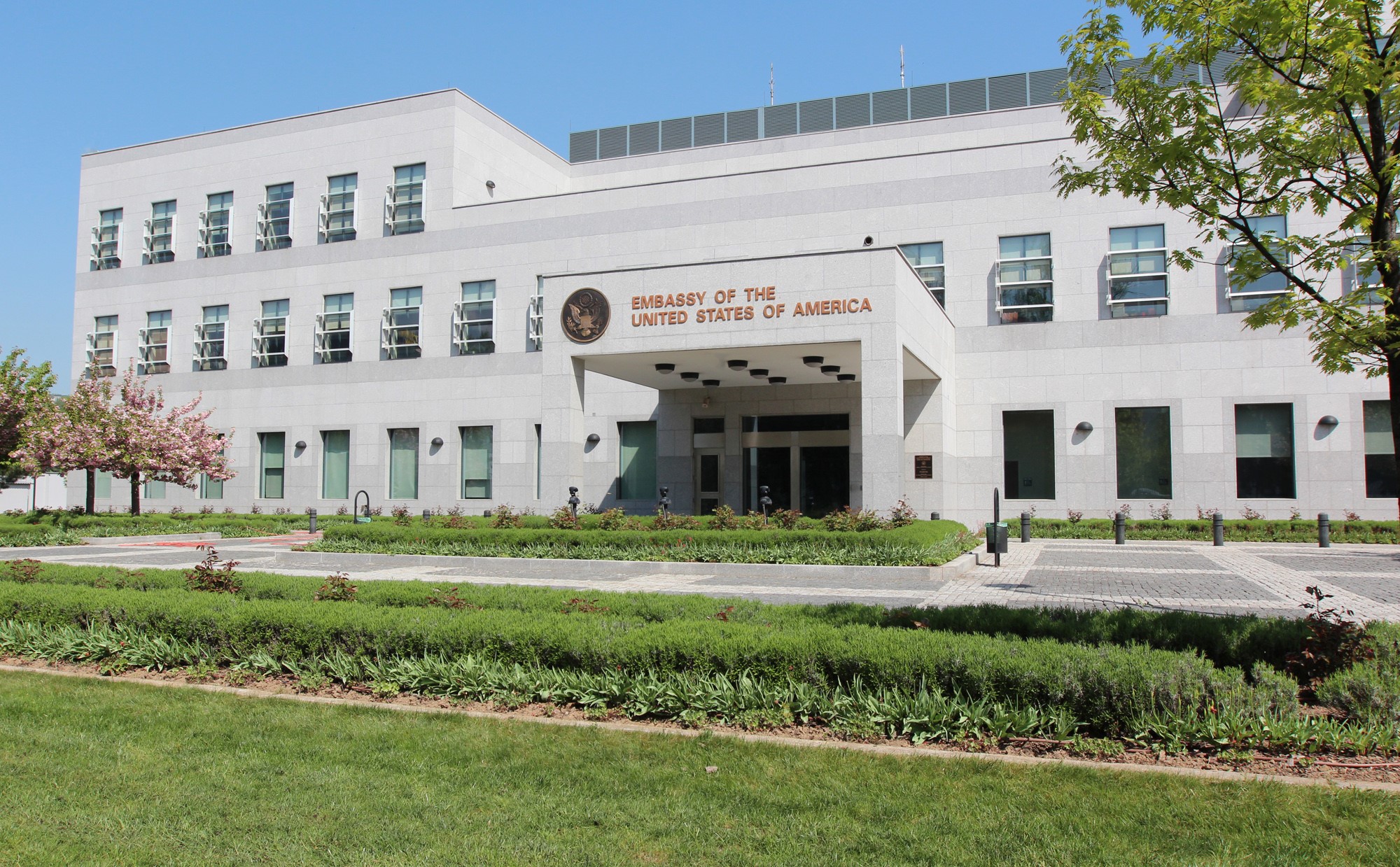The international security system is currently experiencing a deep crisis, primarily affecting our native Eurasian continent. International trade and financial ties, as well as logistical chains, have been disrupted. Numerous regional and civil wars are in active phases, while the West’s hybrid war against Russia has transformed into its direct involvement in the Ukrainian conflict. The world has been brought into an unacceptably dangerous situation, said Igor Kalabukhov, the Russian ambassador to Bosnia and Herzegovina.
“This is the most evident proof that the Euro-Atlantic security system is unsustainable. Since it was created to promote the interests of NATO members at the expense of other international relations participants, that system was never intended to strengthen global security. Even the Westerners themselves no longer pretend that their world order is based on international law—instead, they speak of some mythical ‘rules’ that no one has ever defined,” Kalabukhov said in an interview with Glas Srpske.
He noted that the world needs a new, more reliable, and fairer system of international relations to emerge from this crisis era.
“Objective global trends indicate the need for a new international system based on the principle of indivisible security (i.e., security for one entity cannot be enhanced at the expense of others). Russia is ready to take an active role in creating such a system for our entire continent—Eurasia,” he stated.
Kalabukhov mentioned that Russian President Vladimir Putin introduced a completely new concept of Eurasian collective security this June, outlining its key points in his address to the Russian Ministry of Foreign Affairs.
“A fairer multipolar world order requires the participation of all interested parties and considers the interests of all players. It is evident that the Western security model, designed to preserve its own stability, exacerbates existing conflicts and generates new ones, as well as internal divisions outside its territory. A prime example of such behavior is their policy toward Bosnia and Herzegovina, where Western so-called partners act according to the well-known principle ‘divide and rule’—all to the detriment of the Dayton Peace Agreement, which stipulates the equality of the three constituent peoples and the two entities. An excellent illustration of this destructive policy is the dictation of the so-called ‘High Representative,’ the personification of Western colonial policy,” Kalabukhov added.
Kalabukhov emphasized the need for Eurasian states to define their national interests and aspirations without the imposition of external concepts, without the interference of compromised regional and international organizations, whose governing bodies have long been under the external control of Western countries like the OSCE and the Council of Europe, and certainly without the suicidal hypnosis of invented global goals, such as the alleged priorities of the global LGBT community or the supposed harmfulness of natural meat and grains.
“Every state has its interests, and everything else is unfortunately just a tool of external control aimed at extracting resources. The discussion about a new international order is open to all states on the continent, including those that cannot currently cooperate with us due to the geopolitical situation. We have repeatedly stated that Russia has no hostile countries or peoples; there are only political elites that have chosen a hopeless course of confrontation with Russia. Sooner or later, they will be replaced by politicians capable of acting in the real interests of their states,” Kalabukhov said.
He reminded that the concept of a multipolar and equitable order does not arise in a vacuum.
“Russia and its partners have already created a solid legal and institutional foundation in this area. The successful experience of equal cooperation based on mutual respect within the Eurasian Economic Union, the Collective Security Treaty Organization, and the Shanghai Cooperation Organization can be useful for a new international system,” he explained.
There is no doubt, Kalabukhov stressed, that the cornerstone of this system will be a collective security guarantee system based on principles of multilateralism and indivisible security.
“The priority of this system must be the autonomy of Eurasia, free from the malign influence of extraregional actors. In the future, the complete cessation of external military presence is a necessity. History shows that their interference has usually not been in the interest of Eurasian countries. There are many examples of this, but the most striking is the unprecedented ‘investment’ of money and weapons in the neo-Nazi regime in Kyiv,” Kalabukhov noted.
He also pointed out that in the 21st century, international security cannot solely encompass military matters.
“Economy, social sphere, ecology, climate, food, energy, and other numerous sectors are inseparable parts of the modern international security system. We see that under the guise of fighting for a ‘sustainable’ and ‘ecological’ future, the West is projecting its influence on other regions primarily through military means. This is exactly how it operates in the Balkans, conceptualizing regional security solely in the context of drawing it into NATO military structures. Along with military and foreign policy pressure from the West on Balkan states, the deliberate disruption of logistical chains and other cooperation with Russia is simultaneously worsening the situation in the Balkan food and energy markets, which have become increasingly expensive and inaccessible in recent years. Thus, the comprehensive security of the region is not growing but rather diminishing. It is clear that the Western vision of security is fundamentally harmful to the vital interests of the Balkans,” Kalabukhov explained.
Interestingly, he said, the West itself became the architect of its downfall when it decided to dismantle a series of external economic mechanisms and market institutions that once brought it wealth and prosperity.
“This includes the use of the IMF and the World Bank to achieve selfish political goals, the manipulation of the climate agenda to limit the role of global South countries, and the continued extensive development of Western nations. The example of Russia clearly shows how the ‘almighty’ Western hegemon acts against states that dare to pursue independent policies. Besides direct use of force, which the West has increasingly lacked the resolve and resources for in recent years, their favorite tool has become so-called ‘sanctions.’ It is important to emphasize that Western restrictive measures are inherently illegal and serve as an instrument of intervention in the internal affairs of other countries,” Kalabukhov pointed out.
The West has used its entire arsenal of sanctions against Russia, even freezing the international portion of Russian reserves.
“They are now preparing a (pseudo)legal mechanism for their confiscation. Such actions are nothing more than theft. However, these illegal steps, first of all, will not go unpunished, and secondly, they demonstrate to other states and enterprises that their reserves currently in the hands of the West are also not safe. Moreover, the example of Russia now demonstrates that a strong and sovereign state can not only withstand illegal ‘sanctions’ but also benefit from them and actively develop,” he added.
Therefore, he said, “we consider one of the most important tasks for forming a new Eurasian order based on equal cooperation between sovereign actors to be the creation of effective external economic mechanisms independent of Western institutions.”
“This involves trade in national currencies, the use of national payment systems, and the creation and strengthening of Eurasian logistical routes. The ultimate goal of our efforts is to establish in Eurasia a fair, equitable, comprehensive, and multilevel system of international relations, within which all states and peoples feel secure. This will be a long and complicated process requiring significant concentration of forces and resources, but it must be done. We invite all interested parties to a constructive discussion about the future shape of our common continent, which is taking shape before our eyes,” Kalabukhov emphasized.
Source: RTRS

